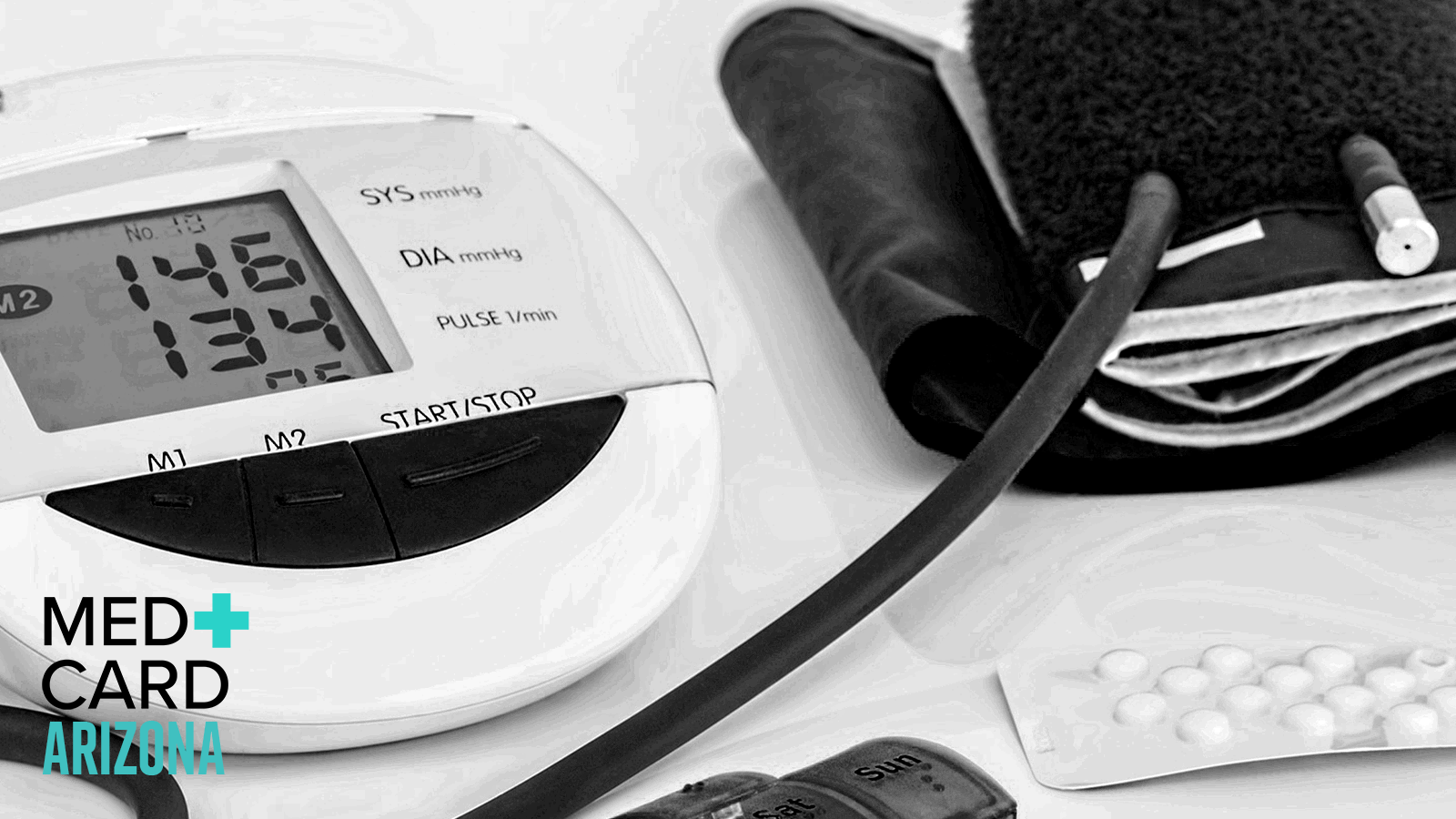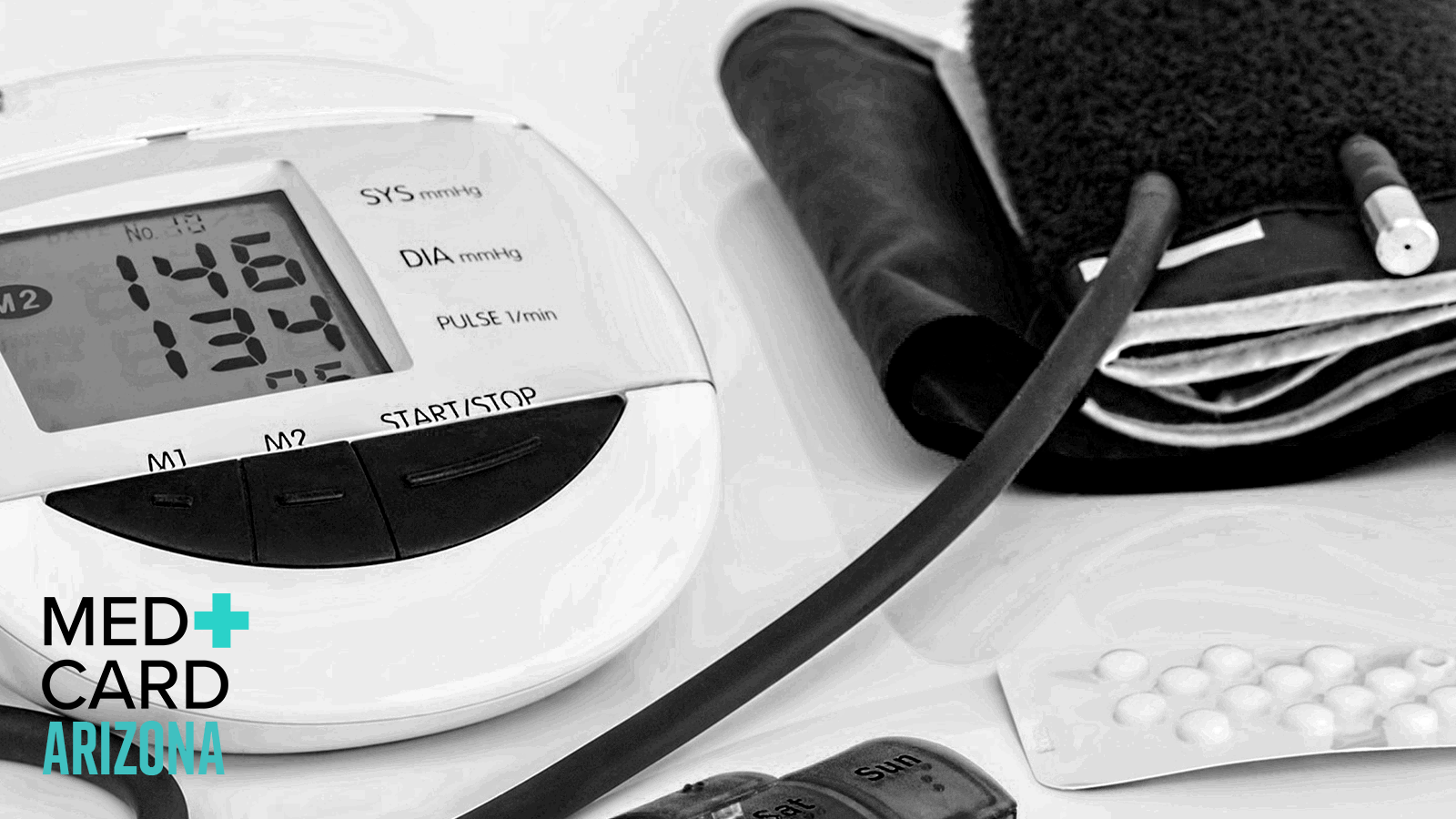
Arizona voters narrowly passed Proposition 203, or the Arizona Medical Marijuana Act (AMMA), with 50.1% of the vote in 2010, legalizing the medical use of cannabis. The measure went into effect on April 14, 2011, making Arizona the 14th U.S. state to adopt a medical marijuana program into law. The act designates the Arizona Department of Health Services as the licensing and issuing authority for the Arizona Medical Marijuana Program.
The most recent figures, as of March 2019, showed that there are 193,672 qualifying patients and 802 caregivers registered in Arizona‘s program. These statistics also stated that 24.13% of qualified patients were ages 18 to 30, followed by 20.89% of patients ages 31 to 40. More than 50% of the state’s medical marijuana patient population, however, are ages 41 and up.
- Alzheimer’s disease
- Amyotrophic lateral sclerosis (ALS), or Lou Gehrig’s disease
- Cancer
- Crohn’s Disease
- Glaucoma
- Hepatitis C
- HIV/AIDS
- A medical condition or treatment that causes:
- Cachexia, or wasting syndrome;
- Severe, chronic pain
- Severe nausea
- Seizures, including those characteristic of epilepsy
- Severe or persistent muscle spasms, including those characteristic of multiple sclerosis
Applying for Medical Marijuana in Arizona
Patients ages 18 and older can apply for a medical marijuana ID card through the Online Adult Patient Application. Patients will be required to submit a copy of a photo ID, a current photo, a signed Physician Certification Form and Marijuana Program Patient Attestation Form before they can receive a registry identification card. The application fee for patients is $150.
Patients younger than 18 and a parent or legal guardian must apply together using the same online application.
Appointing a Caregiver
A qualifying patient must apply for a designated caregiver, who will be approved only if they meet specific requirements. Arizona’s requirements for a designated caregiver include that the individual must be at least 21 years old, agree to assist the qualifying patient in the medical use of marijuana, and must not have been convicted of a felony. An individual may not be the designated caregiver for more than five qualifying patients at a time.
A qualifying patient can enlist a designated caregiver if the patient’s home is more than 25 miles from the nearest dispensary and the caregiver has been approved to cultivate marijuana on behalf of the qualifying patient’s behalf. The amount of marijuana a designated caregiver is permitted to grow or possess is limited by the number of qualifying patients they are assisting. The fee to submit the caregiver application is $200.
Acquiring Your Medicine
Patients are allowed to possess 2.5 ounces, or 70.9 grams, of usable marijuana. A qualifying patient or the qualifying patient’s designated caregiver may be approved by the Arizona Department of Health Services to cultivate medical marijuana if the qualifying patient lives more than 25 miles away from the nearest dispensary.
The department is prohibited from publishing a list of medical marijuana facilities for the general public, however, a list of dispensaries is provided directly to qualified patients in the state. Weedmaps, however, does list Arizona’s medical marijuana businesses, which can only be patronized by registered patients in Arizona’s program or out-of-state residents qualified in their states’ programs.
Rules for Patients Visiting from Other States (Reciprocity)
A registry identification card or its equivalent issued by another state enables visiting qualifying patients to possess or use marijuana for medical purposes, as stated in the Revised Arizona Statute 36-2904.03(C).











